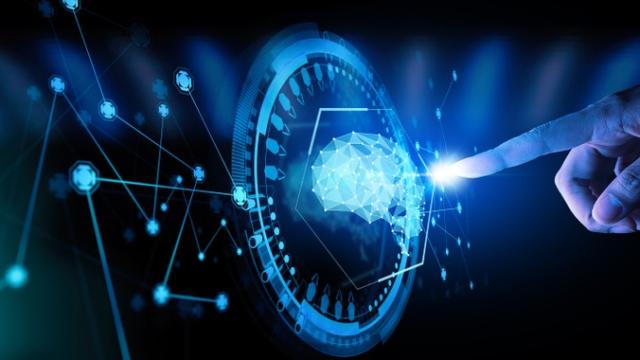Transforming Recovery: The Power of AI-Driven Rehabilitation
In the realm of healthcare, artificial intelligence (AI) is ushering in a new era of rehabilitation, redefining the landscape of recovery. AI-driven rehabilitation combines cutting-edge technology with personalized care to enhance therapeutic interventions, providing individuals with more effective and tailored paths to recovery.
Personalized Treatment Plans: Precision in Rehabilitation
AI-driven rehabilitation begins with the creation of personalized treatment plans. By analyzing vast amounts of patient data, including medical history, diagnostic imaging, and real-time monitoring, AI algorithms can identify individualized rehabilitation strategies. This precision ensures that treatment plans are specifically tailored to the unique needs and challenges of each patient.
Real-time Monitoring and Feedback: Enhancing Rehabilitation Progress
One of the key advantages of AI in rehabilitation is real-time monitoring and feedback. Wearable devices equipped with sensors can track a patient’s movements, providing continuous data to AI algorithms. This data is then analyzed to offer instant feedback to both patients and healthcare professionals, enabling adjustments to the rehabilitation program in real-time for optimal progress.
Virtual Reality in Rehabilitation: Immersive Healing Experiences
AI-driven rehabilitation often incorporates virtual reality (VR) to create immersive healing experiences. VR environments can simulate various scenarios and exercises, engaging patients in their rehabilitation journey. This not only adds an element of enjoyment to the process but also promotes neuroplasticity by stimulating different areas of the brain during exercises.
Adaptive Rehabilitation Exercises: Dynamic Adjustments for Progress
The adaptability of AI is harnessed in rehabilitation exercises to dynamically adjust interventions based on patient progress. As individuals advance in their recovery, AI algorithms can modify exercise intensity, duration, and complexity to ensure ongoing challenge and improvement. This adaptability maximizes the effectiveness of rehabilitation programs.
Machine Learning for Predictive Outcomes: Informed Decision-Making
Machine learning algorithms play a crucial role in predicting rehabilitation outcomes. By analyzing historical patient data and treatment responses, these algorithms can provide healthcare professionals with insights into potential outcomes for specific interventions. This informed decision-making empowers clinicians to tailor treatments for the best possible results.
Continuous Remote Monitoring: Extending Care Beyond Clinics
AI-driven rehabilitation extends care beyond the confines of healthcare facilities through continuous remote monitoring. Wearable devices and home-based sensors enable healthcare professionals to monitor patients’ progress in real-time, offering timely interventions and adjustments to the rehabilitation plan. This not only enhances patient convenience but also promotes more consistent and effective care.
Cognitive Rehabilitation with AI: Addressing Neurological Challenges
For patients with neurological challenges, AI-driven rehabilitation is particularly impactful. Cognitive rehabilitation programs powered by AI can address conditions such as stroke or traumatic brain injury. These programs focus on improving cognitive functions through tailored exercises, providing a comprehensive approach to neurological recovery.
Challenges and Ethical Considerations: Balancing Innovation and Responsibility
While AI-driven rehabilitation holds immense promise, it is not without challenges and ethical considerations. Ensuring data privacy, addressing algorithm biases, and maintaining a human-centric approach are critical aspects that require careful attention. Striking a balance between innovation and responsibility is essential for the ethical implementation of AI in rehabilitation.
Future Horizons: Unlocking Potential in Rehabilitation
As technology advances and our understanding of AI improves, the future of AI-driven rehabilitation holds tremendous potential. Innovations in robotics, AI-assisted prosthetics, and further integration of personalized AI algorithms are expected to redefine the possibilities in rehabilitation, offering hope and enhanced outcomes for individuals on their recovery journeys.
In conclusion, AI-driven rehabilitation represents a paradigm shift in how we approach recovery. By harnessing the power of artificial intelligence, healthcare professionals can deliver more personalized, effective, and innovative rehabilitation experiences, ultimately empowering individuals to regain functionality and lead fulfilling lives.
For more information on AI-driven rehabilitation, visit CentrumZdravi.org.


